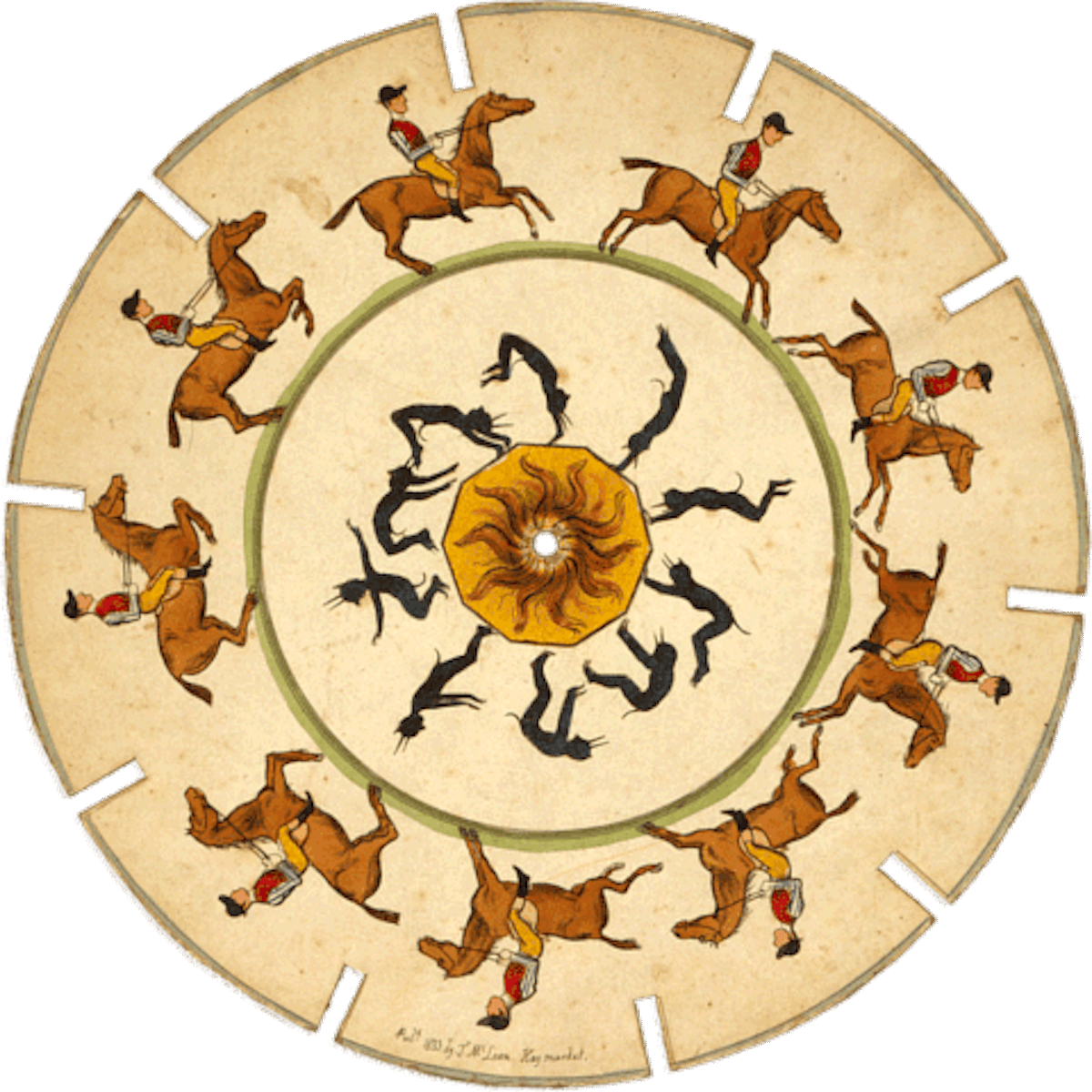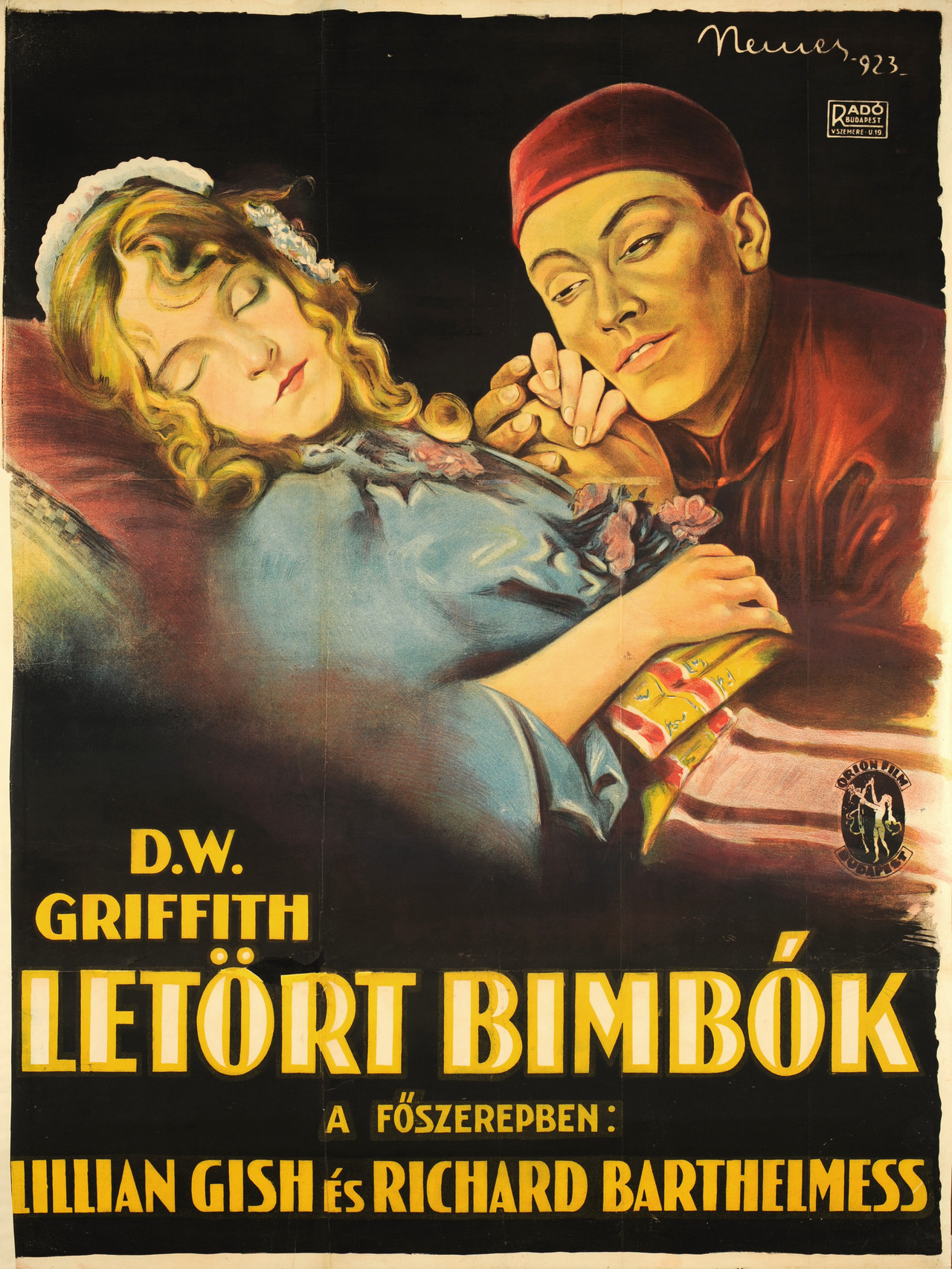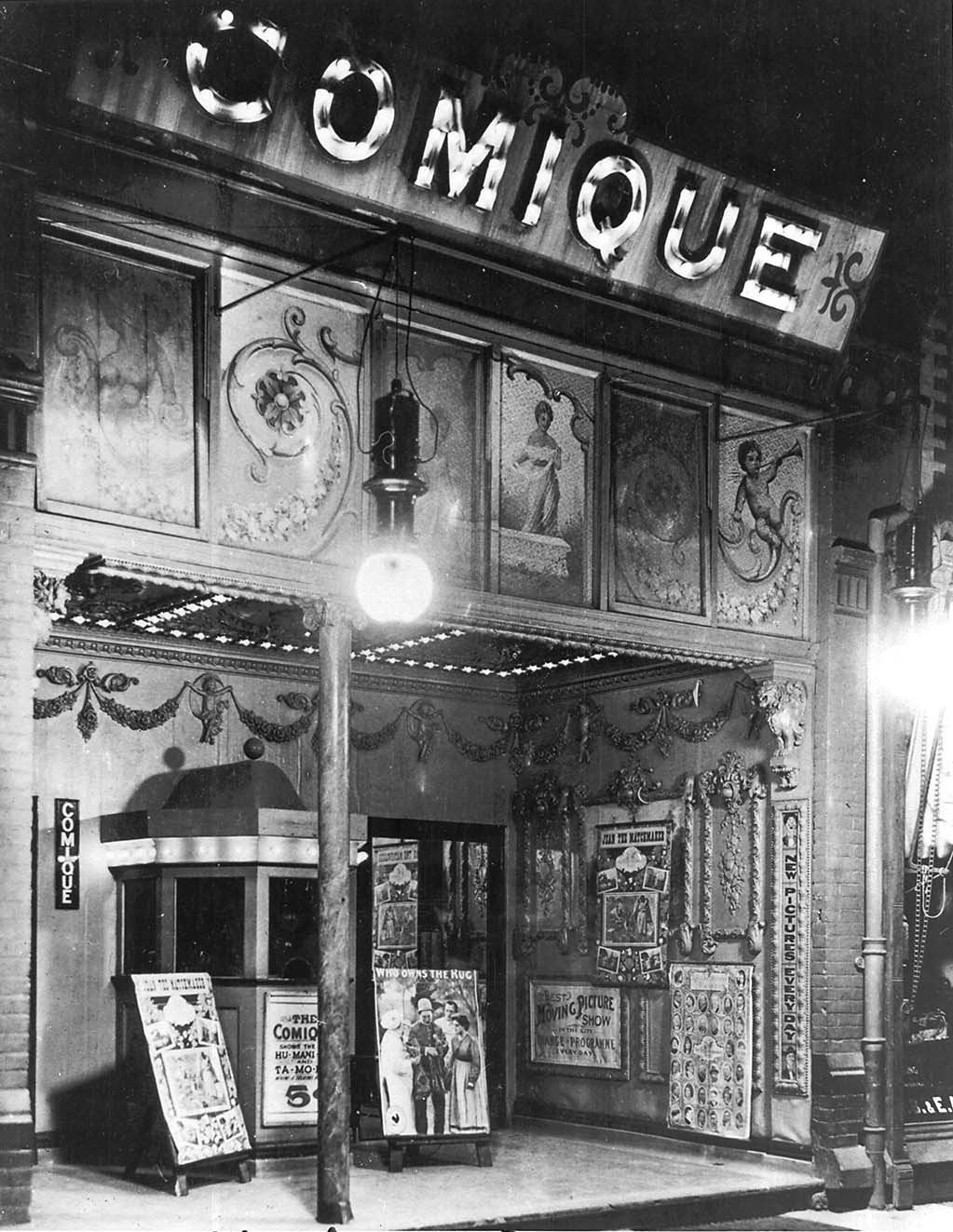The Silent Era – From Nickelodeons to Epic Films (1890s-1920s) The flickering images of early silent films hold a timeless charm, but their origins were anything but certain. In the late 19th century, moving pictures were little more than a curiosity, enjoyed in short snippets at fairs and scientific demonstrations….
Tag: history

Three Tune Tuesday – Rights
In this week’s Three Tune Tuesday, Boneapart and Yulia discuss the concept of *rights*, *human rights*, and *dignity* through playing and discussing three songs: Rights of Man The Minstrel Boy Hard Times, Come Again no More Listen on the Blind Skeleton Podcast page! Lyrics Rights of Man (James Connoly) I…

The Birth of Moving Images
Early Experiments and Inventions (1830s-1890s) Introduction The magic of moving images—something we now take for granted—was born out of centuries of curiosity and innovation. Imagine a time when the idea of capturing and reproducing life in motion was not just implausible but utterly revolutionary. Long before we marveled at cinema’s…

Three Tune Tuesday – American History
Inspired by a history project Boneapart’s son is doing in school, this week’s theme is American History. Join Boneapart and Yulia as they play and discuss the origins of three American songs and their impact on society. (warning: the lyrics for Oh! Susanna! below include both the original racist lyrics…

Broken Blossoms (1919)
Introduction Released in 1919, Broken Blossoms takes us into the heart of London’s Limehouse district, where two fragile lives cross paths in a world that feels cold and unkind. Directed by D.W. Griffith, a pivotal figure in early cinema, this silent film stands out for its willingness to tackle difficult…

